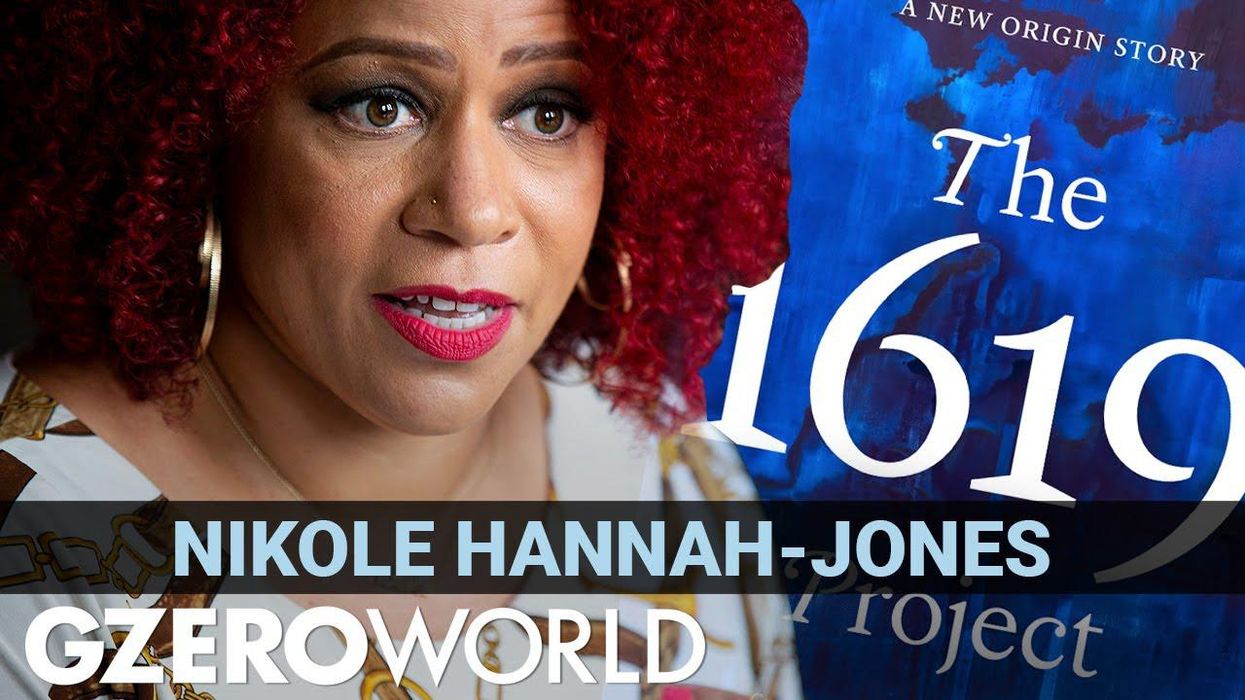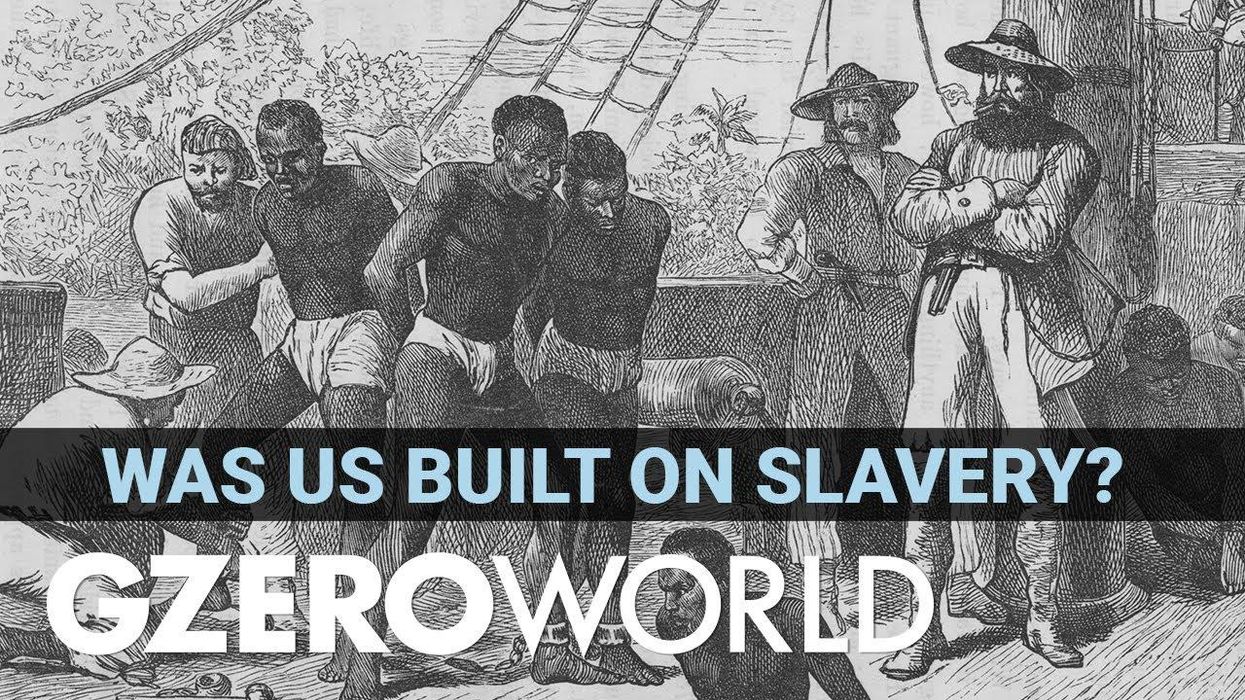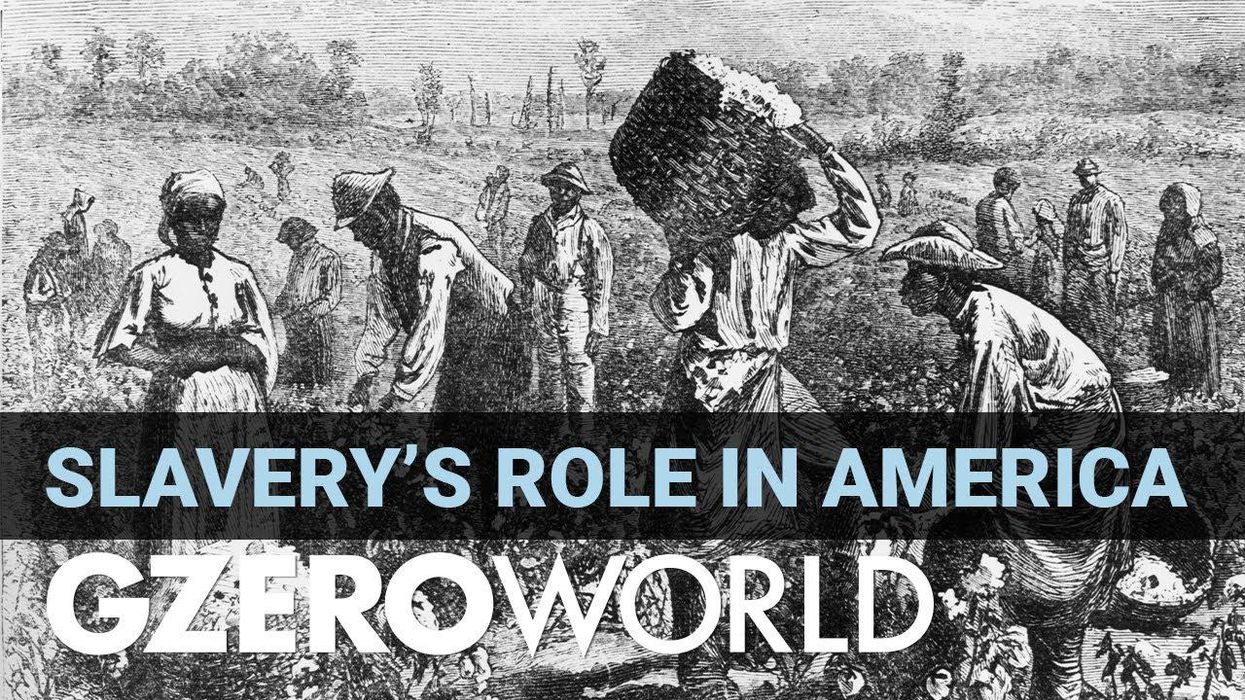GZERO World Clips
The 1619 Project’s creator Nikole Hannah-Jones discusses its cultural impact
Today, we take a fresh look at US history—and the role Black people have played in it—with a woman who is reshaping that national conversation. When Pulitzer Prize-winning New York Times journalist Nikole Hannah-Jones published the “1619 Project” in 2019, not even she could have predicted its cultural impact. It’s hard to think of another piece of modern journalism that has garnered such praise while also sparking such intense outrage. Now, her new book, The 1619 Project: A New Origin Story, expands upon her initial work. She joins Ian Bremmer for an in-depth look at how she’s trying to reshape US history, and the backlash it has caused.
Dec 26, 2021




